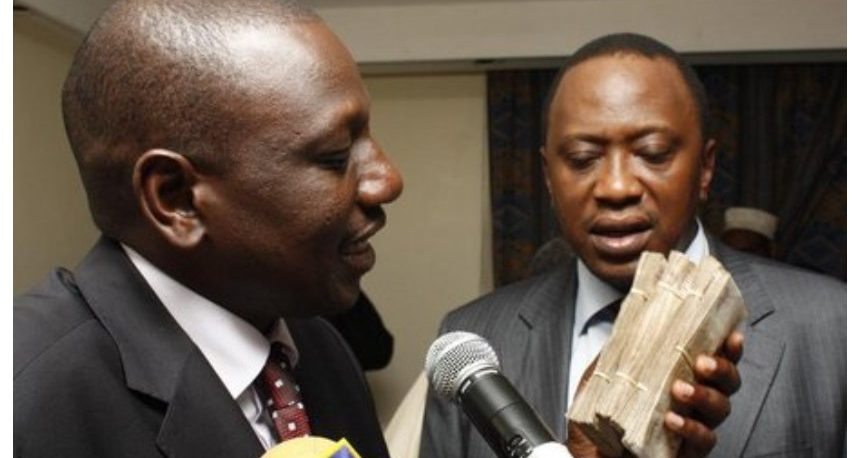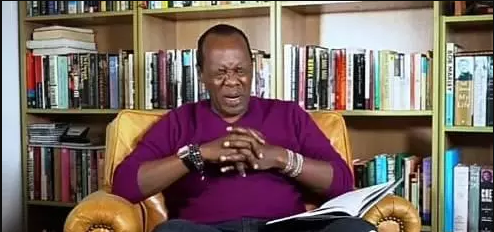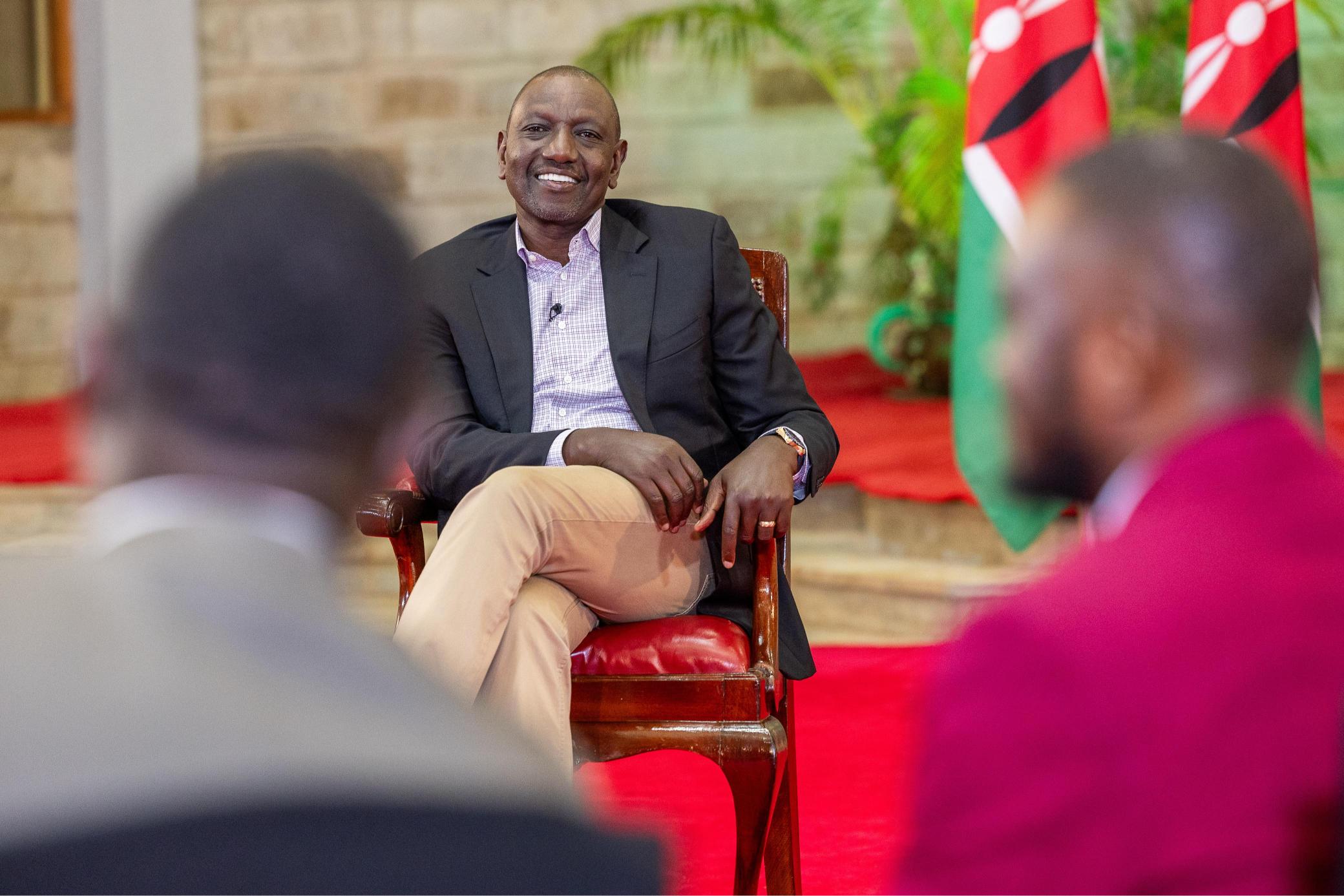Kasmuel McOure’s Open Letter to President Ruto
Kenyan youth leader and political activist Kasmuel McOure penned a searing open letter to President William Ruto, a document that has quickly captured national attention for its raw emotion and unyielding demand for justice. The letter comes in the wake of months of unrest in Kenya, particularly following the controversial Finance Bill 2024 and the violent state response to protests that left at least 22 young demonstrators dead. McOure, a prominent figure in the Gen Z-led anti-government protests, uses this platform to channel the frustrations of a generation, calling for an end to state-sponsored violence and accountability for the lives lost.
McOure’s letter is not a mere critique but a deeply personal appeal. He begins by recalling a moment of connection with Ruto: “I once shook your hand. I received nothing for it. No contract. No favour. I do not want a job. I do not want money. I want justice.” This opening sets the tone for a message that is neither transactional nor opportunistic, countering criticisms from some quarters of Gen Z activists who have questioned McOure’s motives, accusing him of seeking personal gain or shifting political allegiances. Instead, McOure positions himself as a voice for the voiceless, demanding justice for the slain protesters and an end to the heavy-handed tactics of the state.
The letter delves into the heart of the 2024 protests, which erupted in response to the Finance Bill—a piece of legislation that many young Kenyans viewed as an oppressive tax burden on an already struggling population. The state’s response, however, turned a policy dispute into a human rights crisis. Reports of excessive force, including the deaths of at least 22 protesters, sparked outrage, with McOure and other activists leading the charge against what they describe as “state-sponsored violence.” In his letter, McOure employs vivid imagery and metaphors, likening the government’s actions to Newton’s laws—suggesting that every action of suppression will be met with an equal and opposite reaction from the youth.
“President Ruto, this letter is a request, but also a warning. If the law does not speak, we shall,” McOure writes, a line that has resonated widely across social media platforms like X, where users have shared snippets of the letter, amplifying its reach. The emotional weight of his words is palpable as he addresses the silencing of youth voices and the violent suppression of dissent, issues that have long plagued Kenya but have reached a boiling point in recent years. McOure’s letter is not just a call for justice but a broader critique of governance, touching on systemic issues like youth unemployment—a chronic problem that has fueled much of the discontent among Gen Z.
The timing of the letter is significant. Just months earlier, on February 27, 2025, McOure was photographed with former Prime Minister Raila Odinga, a meeting that sparked speculation about his political alignments. Yet, his open letter dispels any notion of partisan loyalty, focusing instead on the moral imperative of addressing the grievances of Kenya’s youth. Posts on X reflect a mixed sentiment: while some praise McOure’s courage and sincerity, others remain skeptical, pointing to his high-profile engagements as evidence of possible political maneuvering. Nevertheless, the letter’s tone—described by many as empathetic and powerful—has struck a chord with a generation that feels increasingly marginalized.
McOure’s activism is rooted in a broader context of Kenyan youth asserting their agency. The Gen Z protests of 2024 were a watershed moment, marking a shift from apathy to action among a demographic often dismissed as disengaged. McOure, with his eloquent rhetoric and fearless stance, has emerged as a symbol of this awakening. His letter to Ruto is not just a personal statement but a collective one, echoing the demands of millions who took to the streets, risking their lives to demand a better future.
The letter concludes with a stark reminder of the stakes: the youth will not remain silent. McOure’s warning to Ruto—that the absence of legal accountability will lead to further unrest—underscores the urgency of the moment. As Kenya grapples with economic challenges, political polarization, and a growing generational divide, McOure’s words serve as both a plea and a prophecy. Whether President Ruto will heed this call remains to be seen, but one thing is clear: Kasmuel McOure has given voice to a movement that refuses to be ignored.








